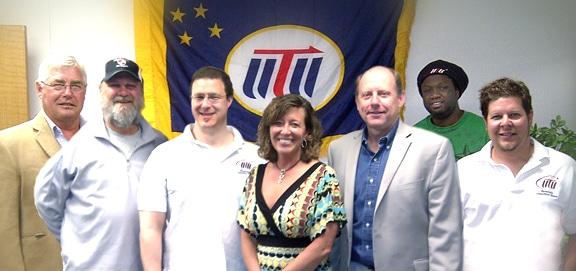The largest railroad union in North America scores another win for their members, this time as Minnesota Gov. Tim Walz signs four bills into law on the final day of the 2024 legislative session.
Minnesota State Legislative Director (SLD) Nick Katich and the State Legislative Board worked tirelessly to provide a 12-hour cap on yardmaster shifts, new insurance requirements and a complaint procedure for crew van services, and a state-run review of wayside detector operations.
“The 2023-24 Minnesota legislative biennium has been quite the ride. We passed 2PC last year and now are bringing more wins to the members,” SLD Katich said.
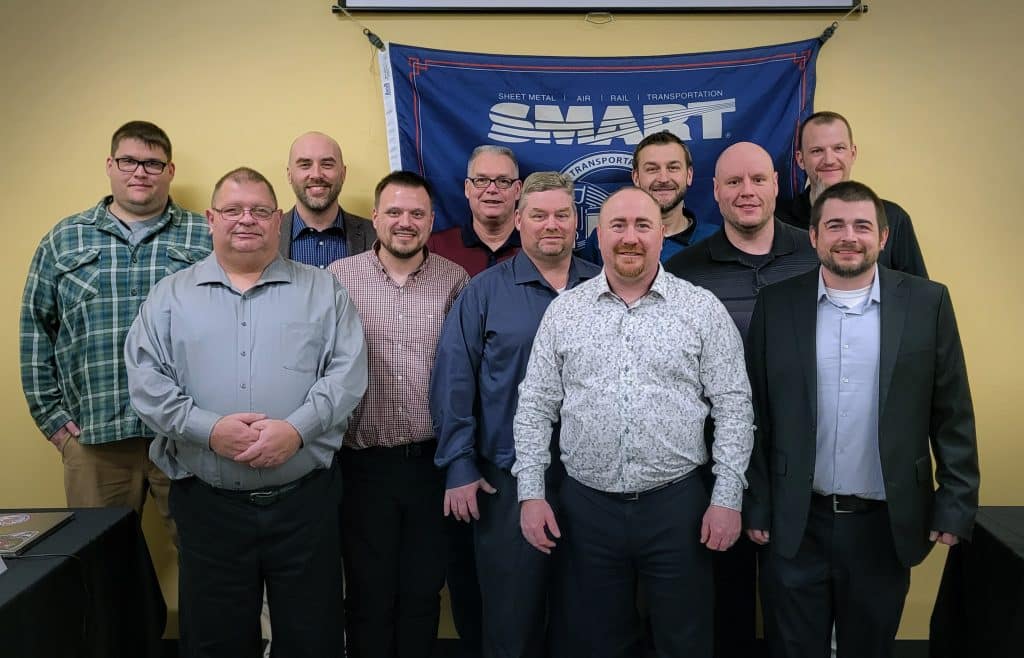
Yardmasters protected from double shifts
This groundbreaking law defines new hours-of-service rules (HOS) that limit a yardmaster’s shift to 12 hours. Similar rules already protect conductors and engineers from overwork.
SMART-TD is pursuing this goal in multiple states, with an eye toward a national policy. Hats off to the Minnesota Legislative Board for being the first to get the job done.
This win protects railroaders throughout Minnesota as the yardmaster is at the center of everything that happens in a railyard. Due to investor-lead business practices, yardmasters have been forced to cover multiple yards remotely, and work up to 16 hour shifts. When working conditions become more stressful and include longer shifts, everyone’s job is less safe. This law will allow the overworked yardmasters to gain much needed rest which in turn can potentially save lives.
Double insurance requirements for contracted cab companies
SLD Katich and Minnesota’s legislative board assisted in getting the Crew Van Law passed which doubles the amount of uninsured/underinsured coverage to $2 million. It also creates a complaint process that is sent directly to the Minnesota Department of Transportation Rail Safety Office for crews regarding cabs hired by the railroad. MNDOT will investigate the complaints and enforce any penalties. This law will give our crews more control over their safety while being transported by outside cab companies.
State to examine wayside detectors
A third legislative victory mandates MNDOT to study the technologies and inspection practices of railroad wayside detectors. The study will support future legislation intended to protect all Minnesota residents from derailments and other unsafe railroad operations.
Finally, Minnesota’s legislative board passed legislation that helps railroad police officers uphold the law and investigate accidents without the influence of railroad managers.
Big support from legislators got things done
This was only possible because of the work put in by everyone involved and our friends in the legislature. Sen. Rob Kupec, Rep. Jeff Brand, and Sen. Jennifer McEwen carried our bills and represented our interests with diligence and passion. The chairs of Senate and House transportation committees, Sen. D. Scott Dibble and Rep. Frank Hornstein, have been tireless advocates for rail and worker safety, proving their dedication to doing what is right. These legislators are WITH US. The new laws would not have been possible without the work and support of the State Legislative Board and all the members who contacted their legislators.
Katich is ready to recalibrate the board’s focus until lobbying season begins again.
“I’m looking forward to getting back into the local meetings and reconnecting with everyone,” said Katich. “It’s been very hectic, and I am eternally grateful for the unwavering support the membership has shown me.”

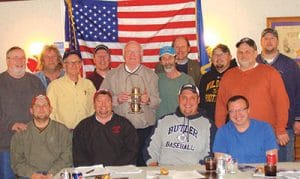
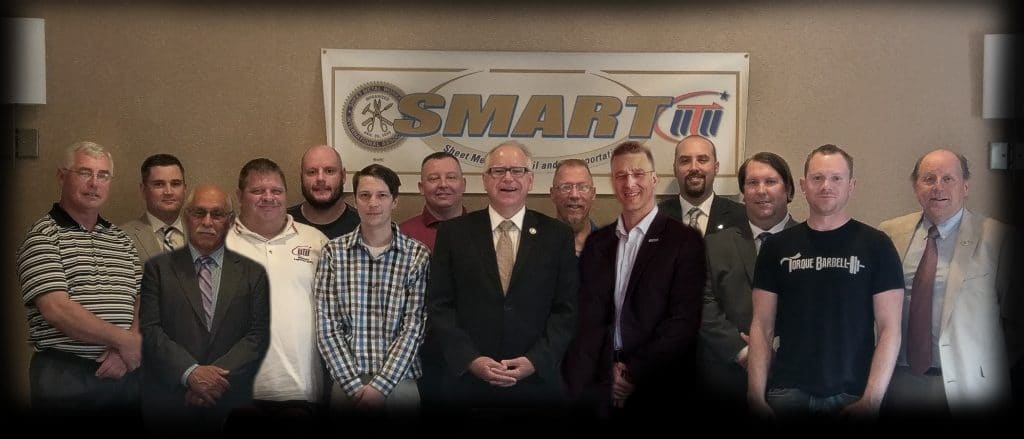
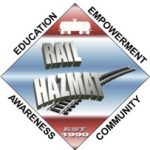 The SMART TD Minnesota State Legislative Board, Local 1000 at Minneapolis, and the National Institute of Environmental Health Sciences (NIEHS) have partnered together to offer Minnesota railroaders HAZMAT training.
The SMART TD Minnesota State Legislative Board, Local 1000 at Minneapolis, and the National Institute of Environmental Health Sciences (NIEHS) have partnered together to offer Minnesota railroaders HAZMAT training.
